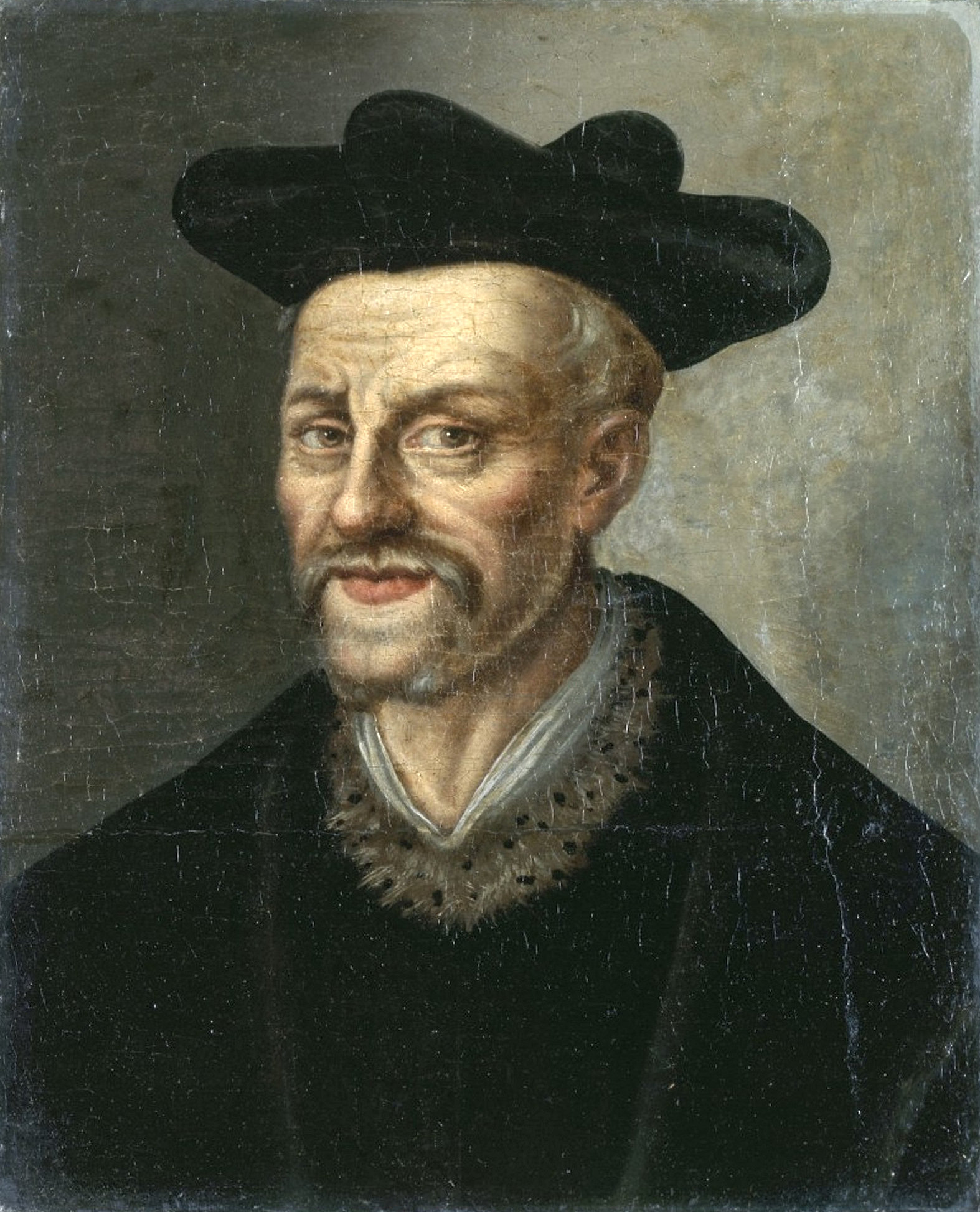Francois Rabelais frasi celebri
“Come potrei governare altrui, io che non saprei governare me stesso?”
libro I, cap. LII; 1925
Gargantua e Pantagruele
“Amici, voi noterete che al mondo vi sono assai più coglioni che uomini; ricordatevene!”
libro quinto, cap. VIII; 1925
Francois Rabelais Frasi e Citazioni
“Che se la sete non è presente, bevo per la sete futura.”
libro I, cap. V; 1925
Gargantua e Pantagruele
“La più vera perdita di tempo che conoscesse era contare le ore.”
libro I, cap. LII
Gargantua e Pantagruele
libro III, prologo; 1925
Gargantua e Pantagruele
“L'appetito vien mangiando, diceva Angest di Mans, ma la sete se ne va bevendo.”
libro I, cap. V; 1925
Gargantua e Pantagruele
“Nelle loro regole c'era solo una frase: fai quello che ti pare.”
libro I, cap. LVII
Gargantua e Pantagruele
“Fa di non aver ricevuto invano le grazie che Dio t'ha dato.”
libro II, cap. VIII; 1925
Gargantua e Pantagruele
“Non riesce a esser debitore chiunque voglia, non riesce a far creditori chiunque voglia.”
libro III, cap. III; 1925
Gargantua e Pantagruele
libro III, cap. XXXII; 1925
Gargantua e Pantagruele
Francois Rabelais: Frasi in inglese
“Plain as the nose in a man's face.”
Author's prologue.
Gargantua and Pantagruel (1532–1564), Fifth Book (1564)
“He did not care a button for it.”
Origine: Gargantua and Pantagruel (1532–1564), Gargantua (1534), Chapter 16.
“How well I feathered my nest.”
Origine: Gargantua and Pantagruel (1532–1564), Gargantua (1534), Chapter 17.
“I have nothing, owe a great deal, and the rest I leave to the poor.”
Je n'ai rien vaillant; je dois beaucoup; je donne le reste aux pauvres.
His one line will, as quoted in Arthur Machen : A Short Account of His Life and Work (1964) by Aidan Reynolds and William E. Charlton, p. 186.
Origine: Gargantua and Pantagruel (1532–1564), Third Book (1546), Chapter 52 : How a certain kind of Pantagruelion is of that nature that the fire is not able to consume it
Origine: Gargantua and Pantagruel (1532–1564), Fourth Book (1548, 1552), Chapter 23.
Origine: Gargantua and Pantagruel (1532–1564), Fifth Book (1564), Chapter 6.
Author's prologue.
Gargantua and Pantagruel (1532–1564), Fifth Book (1564)
“Looking as like…as one pea does like another.”
Origine: Gargantua and Pantagruel (1532–1564), Fifth Book (1564), Chapter 2.
“Whose cockloft is unfurnished.”
Author's prologue
Prologue.
Gargantua and Pantagruel (1532–1564), Fifth Book (1564)
Origine: Gargantua and Pantagruel (1532–1564), Gargantua (1534), Ch. 57 : How the Thelemites were governed, and of their manner of living; the famous dictum of the abbey of Theleme presented here, "Do what thou wilt" (Fais ce que voudras), evokes an ancient expression by St. Augustine of Hippo: "Love, and do what thou wilt." The expression of Rabelais was later used by the Hellfire Club established by Sir Francis Dashwood, and by Aleister Crowley in his The Book of the Law (1904): "Do what thou wilt shall be the whole of the Law."
Natura abhorret vacuum.
Chapter 5 http://books.google.com/books?id=tBROAAAAcAAJ&q=%22natura+abhorret+vacuum%22&pg=PA22#v=onepage.
Gargantua and Pantagruel (1532–1564), Gargantua (1534)
Origine: Gargantua and Pantagruel (1532–1564), Gargantua (1534), Chapter 54 : The inscription set upon the great gate of Theleme
Origine: Gargantua and Pantagruel (1532–1564), Gargantua (1534), Chapter 54 : The inscription set upon the great gate of Theleme.
Origine: Gargantua and Pantagruel (1532–1564), Gargantua (1534), Chapter 54 : The inscription set upon the great gate of Theleme.
